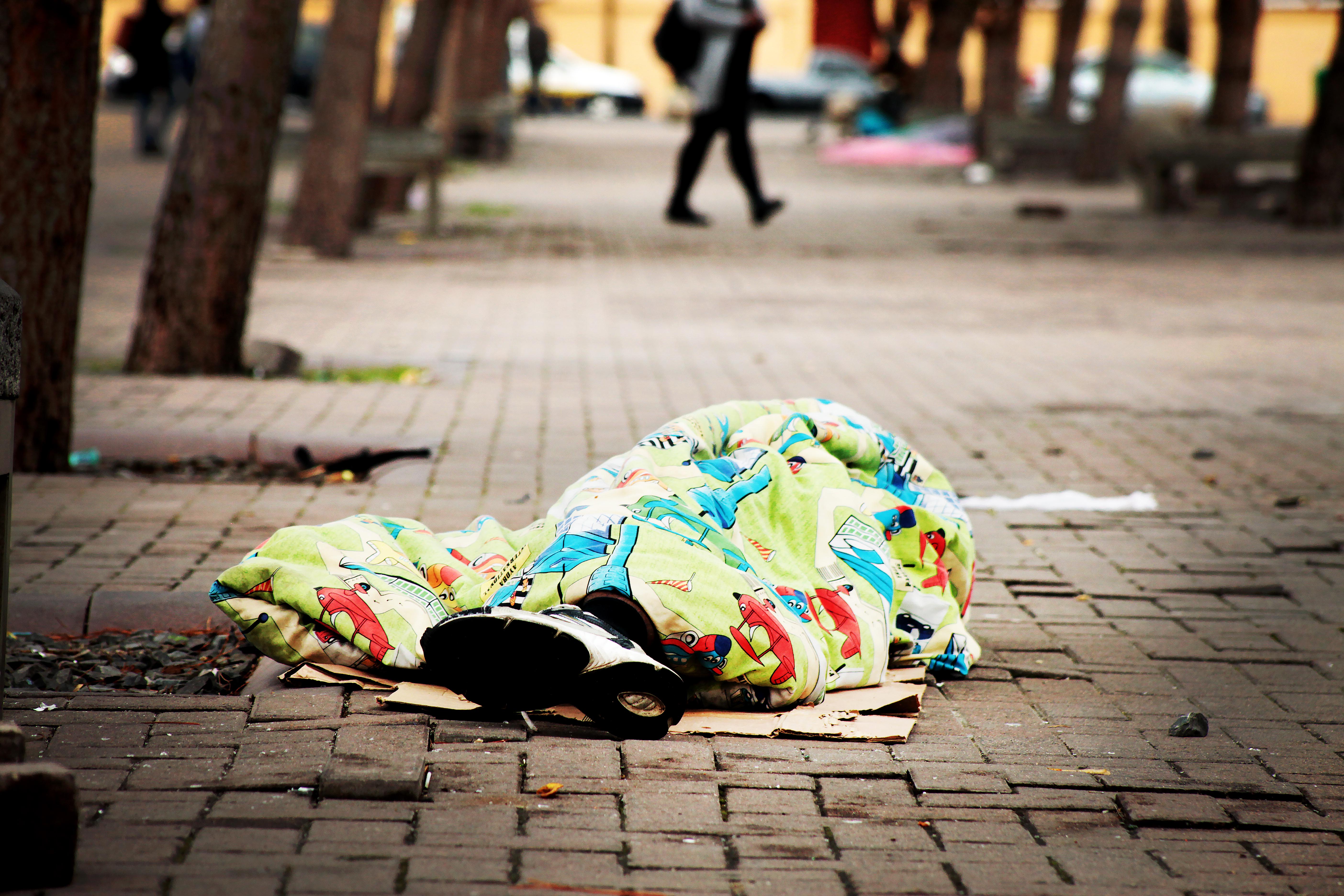Covid-19: School bodies halt plan to house Gauteng’s homeless
The department says 30 schools with hostels would be used as shelters

Plans by the Gauteng Department of Social Development to house homeless people at public school hostels have been halted by the Federation of Governing Bodies of South African Schools (FEDSAS).
FEDSAS says their members were not consulted and raised several concerns about how this move would impact those schools.
On 25 March, the department released a list of about 15 schools with hostels that were going to be used to house homeless people during the lockdown. The department said a total of 30 schools with hostels would be used.
Paul Colditz, FEDSAS CEO, said: “We saw in the media that the Gauteng government had identified schools with hostels for homeless shelters. We called those schools and advised them that the government needs to follow due legal processes and the schools need to get assurances from the government before anything goes ahead.”
Colditz told GroundUp FEDSAS was not insensitive to the plight of homeless people, but it had “serious concerns” which needed to be addressed.
One concern was whether schools could legally be used as homeless shelters. “Nowhere in the state of disaster regulations does it say schools should be used for that purpose. We advised members that according to the South African Schools Act, SGBs [school governing bodies] are responsible for administering school grounds and buildings, including hostels,” he said.
Another concern, said Colditz, was that schools would become liable for the water and electricity bills. They want assurance that those bills would be paid by the state at the end of the lockdown.
Colditz said that although schools had insurance, only damages related to educational activity are covered. “In the event that they [homeless people] break our desks or make firewood, what’s going to happen to our insurance? And how do we get assurance that after the lockdown, those people will actually vacate the property?” asked Colditz.
MEC for Education Panyaza Lesufi said FEDSAS was advising its members to resist accommodating homeless people in state owned property. A statement released by the department on 31 March said about 400 homeless people in Tshwane were now being accommodated in tents.
“It’s a shame that we’ve [had] to place fellow South Africans in tents while public assets like boarding schools are standing empty because self-centred SGBs are refusing to open up schools to accommodate our people. Is it because homeless people are half human beings?” he asked.
Next: Covid-19: How the courts work during lockdown
Previous: Police kill three people in three days of lockdown. This is normal for South Africa
© 2020 GroundUp.
This article is licensed under a Creative Commons Attribution-NoDerivatives 4.0 International License.
You may republish this article, so long as you credit the authors and GroundUp, and do not change the text. Please include a link back to the original article.


